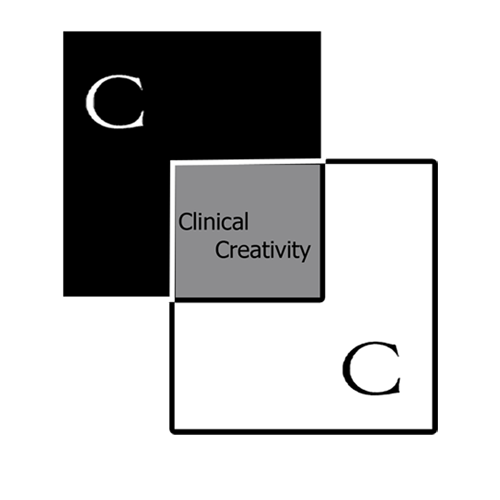If you have followed the various trains of thought on my blog you will know that I'm looking to make a difference to the care of patients in the system we call the NHS.
I've not given up looking, but now the time has come to make some changes.
My practice has embarked on a new model of general practice. We had to, we had no choice. General Practice UK has been a model which was once everything that was required by the population. Free access to a resource that was valued by the population and used only when needed.
Although the NHS is valued as a brand, years of prodding and media bait have reduced value in General Practice to a position of under investment and increasing demand. Average yearly consultation rates have gone from 2.5 to 6 per annum and money has decreased.
Our partnership has a big ambition, to generate the value and ownership required from the local population in a way that means the relationship shifts from a professional/ customer relationship to a partnership of care.
Now, I know that such is the way of the NHS that multiple colleagues will now say "but we always engage our patients in decisions" and "we've been doing it for years" and they may be right, in their own way but our system is changing in ways which are unique to us.
